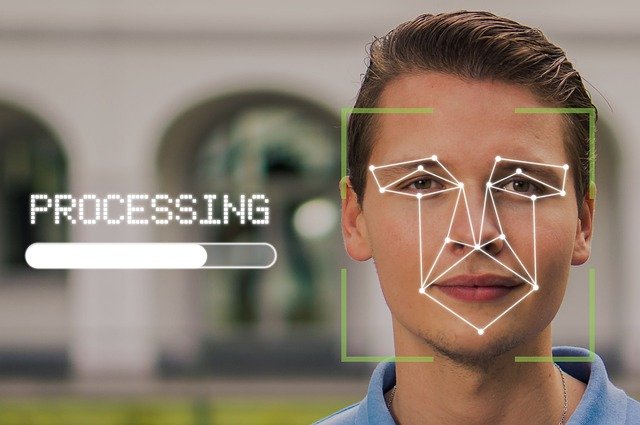Face Recognition: The Key to Personalized Marketing

Face recognition technology has emerged as the key to personalized marketing, revolutionizing how businesses engage with customers and deliver tailored experiences that resonate on an individual level. With its advanced biometric analysis and machine learning algorithms, liveness detection SDK is reshaping marketing strategies across various industries, from retail and hospitality to entertainment and advertising, by enabling businesses to understand, segment, and target customers with unprecedented precision and relevance.
One of the primary ways in which face recognition is driving personalized marketing is through its role in customer segmentation and profiling. By analyzing facial features and expressions, face recognition systems can infer customers’ demographics, preferences, and emotions, allowing businesses to segment their audience more effectively and tailor marketing campaigns accordingly. For example, retailers can use facial recognition technology to identify customer demographics, such as age, gender, or ethnicity, and deliver targeted promotions or product recommendations that resonate with specific segments of their audience.
Moreover, face recognition enhances the effectiveness of personalized marketing campaigns by enabling real-time customization and adaptation based on individual customer interactions and behaviors. By analyzing facial expressions and engagement metrics, businesses can gauge customers’ sentiment, measure engagement levels, and adjust marketing messages or offers in real-time to maximize relevance and impact. For example, in retail environments, facial recognition technology can track customers’ reactions to product displays or advertisements and dynamically adjust promotional content or pricing to optimize sales and customer satisfaction.
Furthermore, face recognition technology facilitates personalized experiences across various touchpoints, both online and offline. By integrating face recognition with digital signage, interactive kiosks, or mobile apps, businesses can deliver personalized messages, offers, and recommendations to customers based on their verified identities. For example, in a retail setting, facial recognition technology can identify returning customers as they enter the store and display personalized greetings, product recommendations, or loyalty rewards on digital signage or mobile devices, creating a more engaging and immersive shopping experience.
Additionally, face recognition enables businesses to enhance customer loyalty and retention by offering personalized incentives, rewards, and experiences that foster long-term relationships with their audience. By analyzing facial expressions and emotions, businesses can identify customers’ preferences, interests, and satisfaction levels and tailor loyalty programs or rewards accordingly. For example, in the hospitality industry, facial recognition technology can identify repeat guests at hotels or resorts and offer personalized amenities, room upgrades, or exclusive perks to enhance their stay and encourage repeat visits.
However, the widespread adoption of face recognition technology in personalized marketing also raises important ethical, privacy, and regulatory considerations. The collection and storage of biometric data raise concerns about consent, data security, and potential misuse. It is essential for businesses to implement robust privacy safeguards, adhere to data protection regulations, and prioritize customer consent and transparency to ensure responsible deployment and safeguard individuals’ rights and privacy.
In conclusion, face recognition technology is the key to personalized marketing, enabling businesses to understand, segment, and target customers with unprecedented precision and relevance. By leveraging advanced biometric analysis and machine learning algorithms, businesses can deliver tailored experiences, offers, and incentives that resonate with individual customers, driving engagement, loyalty, and business growth. However, it is crucial for businesses to address ethical and privacy concerns and ensure responsible deployment of face recognition technology to maximize its benefits while safeguarding individuals’ rights and privacy.





